COURSE OVERVIEW
HE0809 : Food Safety & HACCP for Oil & Gas Industries (OGP Guidelines)
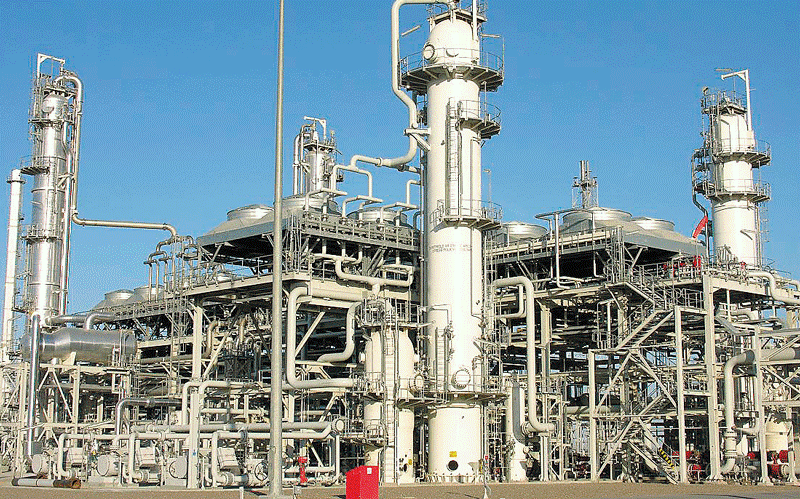
OVERVIEW
| COURSE TITLE | : | HE0809 : Food Safety & HACCP for Oil & Gas Industries (OGP Guidelines) |
| COURSE DATE | : | Sep 21 - Sep 25 2025 |
| DURATION | : | 5 Days |
| INSTRUCTOR | : | Mr. Douglas Robinson |
| VENUE | : | Dubai, UAE |
| COURSE FEE | : | $ 5500 |
Course Description
Food and water safety is of paramount importance to the effective functioning of the oil and gas industry. All sectors of the industry, from frontier exploration and production locations to retail operations, are potentially at risk. Diseases related to food and water are major contributors to project morbidity, and can have significant and adverse impacts on workforce productivity, particularly during large-scale construction phases of a project.
Oil and gas operations take place in a myriad of settings, ranging from remote desert environments to densely populated urban areas; hence there is a need for food and water safety management programmes (FWSPs) in both developing and developed countries, and in settings ranging from retail operations to frontier exploration projects.
This course is designed to provide participants with an up-to-date overview of the food safety and HACCP for oil and gas industry. The strategies utilized in this course are based upon an emerging international consensus on the key principles and practices for organizing and implementing effective and sustainable food and water management programmes.
The course covers food and water safety programmes (FWSP); identifying and controlling hazards; the seven principles of HACCP and performing hazard analysis; the critical control points and critical limits; establishing procedures to monitor critical limits, corrective actions, verification procedures and record keeping system; the HACCP principles for FWSP covering hazard analysis, exposure, transmission and pathogen characterization of water and food-borne diseases, critical control points, critical limits and good hygiene practice; the process approach to HACCP; and the implementation of HACCP and HACCP food safety system.
TRAINING METHODOLOGY
This interactive training course includes the following training methodologies:
LecturesPractical Workshops & Work Presentations
Hands-on Practical Exercises & Case Studies
Simulators (Hardware & Software) & Videos
In an unlikely event, the course instructor may modify the above training methodology for technical reasons.
VIRTUAL TRAINING (IF APPLICABLE)
If this course is delivered online as a Virtual Training, the following limitations will be applicable:
| Certificates | : | Only soft copy certificates will be issued |
| Training Materials | : | Only soft copy materials will be issued |
| Training Methodology | : | 80% theory, 20% practical |
| Training Program | : | 4 hours per day, from 09:30 to 13:30 |
RELATED COURSES
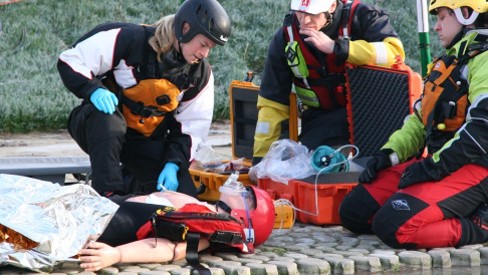
HE0970 : الإسعافات الأولية
- Date: Mar 29 - Apr 02 / 3 Days
- Location: Kuwait
- Course Details Register
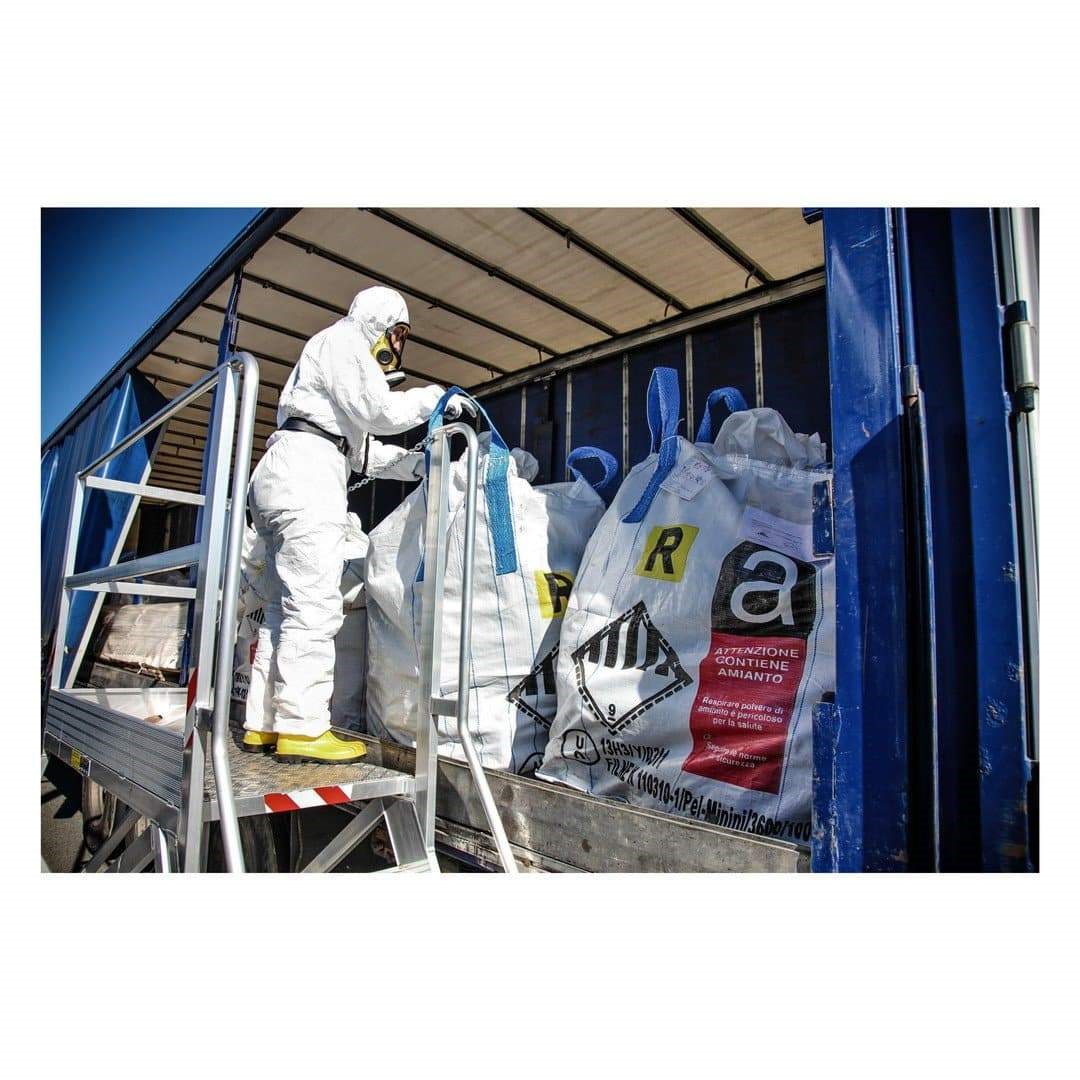
HE1939 : Industrial Hygiene Certification Program: BOHS-M504: Asbestos and Other Fibres (Accredited by the British Occupational Hygiene Society-BOHS)
- Date: Mar 29 - Apr 02 / 3 Days
- Location: Dubai, UAE
- Course Details Register
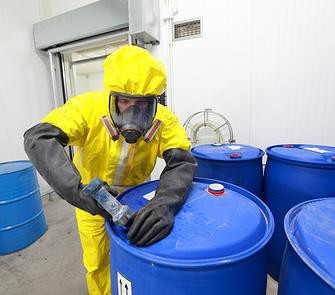
HE0904 : Basic Principles of Industrial Hygiene (Certified)
- Date: Mar 29 - Apr 02 / 3 Days
- Location: Al Khobar, KSA
- Course Details Register
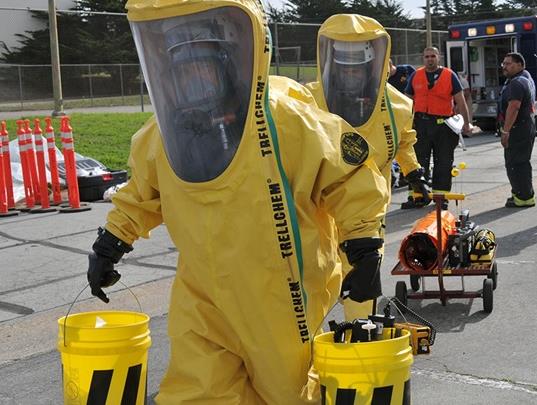
HE0581-3D : Certified Radiation Protection Officer (RPO) In-line with the Requirements of the Federal Authority for Nuclear Regulation (FANR)
- Date: Mar 02 - Mar 04 / 3 Days
- Location: Dubai, UAE
- Course Details Register
